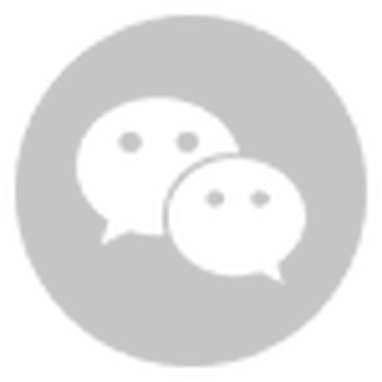When you look at the history of Cocos, we have a lot of great games that have become icons in the mobile gaming world. Some of our developers have been using us for over 7 years, starting with Cocos2d-x and moving to Cocos Creator or with those who stick with Cocos2d-x. Their success has shown many developers that game development with a free engine can be easy, well built, and gain a following from gamers all over the world.
One of the companies we have always been impressed with is the small two-person studio, Rarepixels. Being one of the early European countries to use Cocos, we are pleased to finally get a chance to interview them about their big hit Planes Control and 2 Minutes in Space.

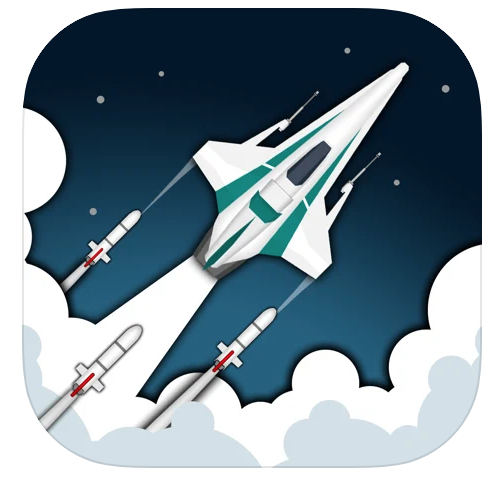
Planes Control currently has over 1,300 reviews on the Apple store, over 7,600 reviews on Google Play, and over 1,000,000 downloads since its launch in 2015. The company has enjoyed being indie all these years, and with less than 10 people working at the company, that definitely is true.
We were able to catch up with Yuliya Oleshko, the business development manager, and asked her about how such a small group got such a big game.

Yuliya Oleshko
BD Manager, Rarepixels
Cocos: It’s great to talk to you. Before we begin, tell me what is Planes Control and 2 Minutes in Space?
Yuliya: Both games are casual free to play mobile games, available on Android and iOS devices worldwide.
Planes Control is the first shooting game in the market of path drawing games/plane landing games. Players play as air traffic control and try to keep planes flying and landing without hitting each other. 2 Minutes in Space is a sci-fi galactic survival game. You’ll just fly around space shooting asteroids, avoiding missiles, and just staying alive as long as possible.
C: Why did you choose to build with Cocos2d-x, and what benefits did it give you for your game?
Y: When we started programming Planes Control, the game engine market was less saturated than now, so for any game developer who likes programming in C++ and can’t afford to pay too much for the engine, Cocos was definitely the best choice. Besides this, we like to have control over/ access to the framework, and this is what Cocos is offering. You can see the complete code for Cocos2d-x, edit or adapt it to your needs.
C: What made you want to build these games? What was the inspiration?
Y: We love to play games, and as almost any game lover would, we dreamed of making our own products. Since we shared a passion for aviation, Our first game was not even a question. We’ve analyzed all the games in the segment of planes-based and found they were missing a high-quality path drawing game, very close to an air traffic control simulator but still casual. It should incorporate a little bit of shooting, some sci-fi, and an endless feeling of adventure. Ah yes, and the game should be easy and minimalistic so that our small team can make it and there will be no problems in learning how to play it.
Planes Control took around 2 years and was done mostly in our free time. In the beginning, there was not even a talk about creating our own studio, just a wish to try to make something work and something that we could play on our own. It looked impressively professional, after all, so we shared Planes Control with our friends. They provided amazingly positive feedback and called it addictive, so we’ve launched it in Google Play and the Apple Store. With some guerilla marketing, we made it visible in the stores.
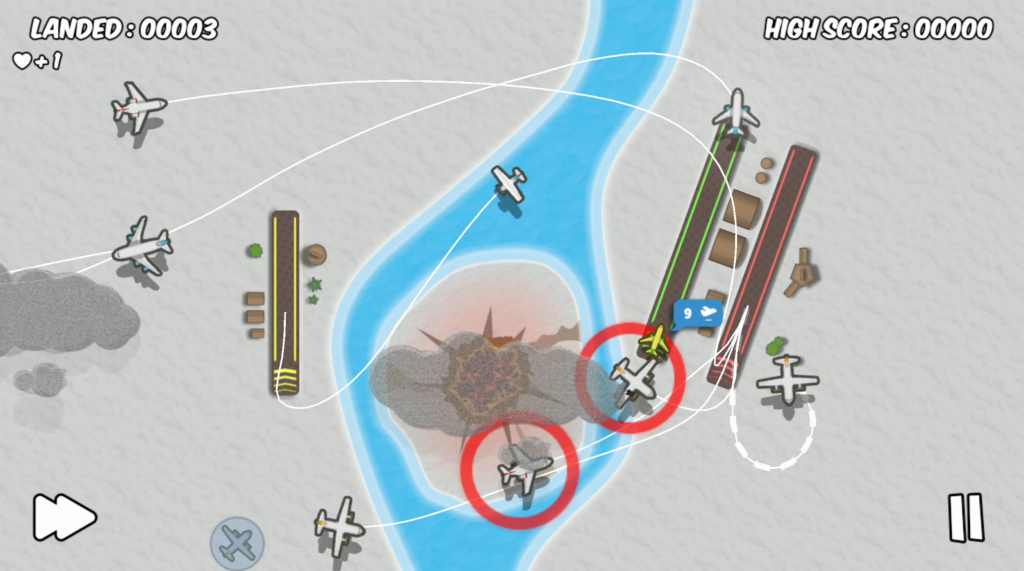
Creating games slowly pushed out all the other activities in our lives, so we’ve decided to quit our main jobs and start working only on games. This is how Rarepixels was born.
2 Minutes in Space was another very logical and still unexpected step. It was again about flying machines, but this time for the fans of space and for those who got bored with Planes Control. It should be dangerous, and it should be mysterious. It should be insanely difficult or maybe even impossible.
C: So you weren’t really game developers at first? How were you able to then do so well?
Y: If I told you we knew everything, it would be a lie. If I tell you, we knew nothing, it would be a lie too. We had strong marketing and business development knowledge, so we were definitely not beginners who hoped to make a game and see it hitting top ranks in App Store or Play Store. At the same time, mobile games marketing differs enormously from the marketing of any other product, and we needed months to understand the main strategies used in the gaming market and to adjust our own unique approach to the market needs.
While talking about initial feelings, it was a mixture of scariness and excitement. When it comes to the plan, we had a strategic plan with some failures in tactical steps.
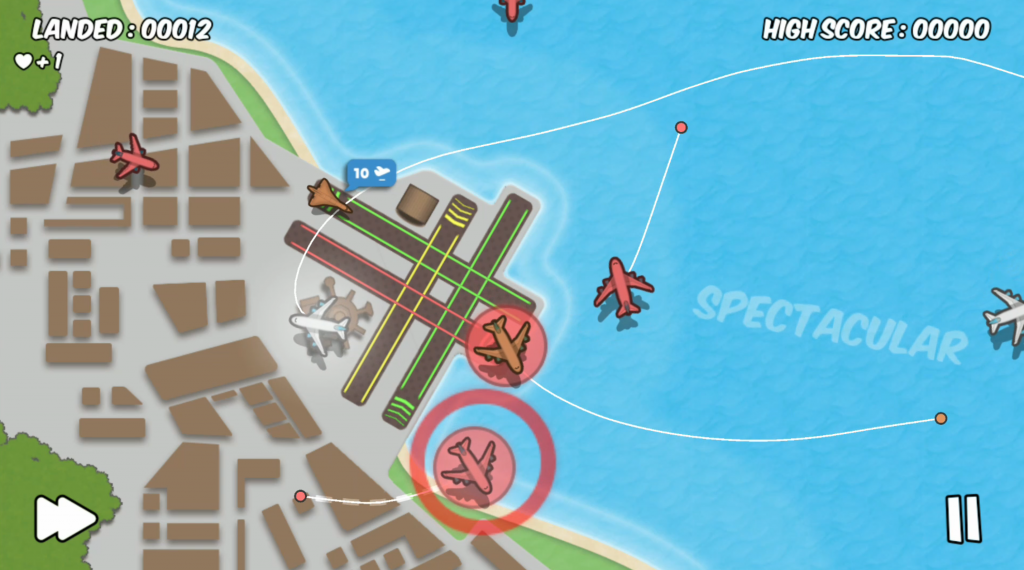
During these first few years, we tried a lot of things: participation in exhibitions, contests, Indie-Pitches, forum marketing, guerilla marketing, product placement, partnerships with other gaming companies, influencer marketing, speaker roles in conferences, cross-selling, SEO, ASO, social media marketing, and referral marketing. We also refused 20+ offers from publishing companies and marketing agencies.
What works for us is a healthy mixture of all mentioned above, but taking into consideration the fact, that there are approximately 1M games in AppStore and more than 500K in PlayStore, newcomers without previous experience in the gaming industry should probably choose between 2 strategies: having a very strong and unique new product supported by influential people or directly go for the paid UA. I see games winning with efficient influencer campaigns as well as games gaining huge amounts of downloads doing nothing but paid UA.
C: What made your game jump in growth? We heard Google promoted you a lot?
Y: We worked very hard on building successful updates, references of influencers, rewards campaigns, and pushes for the promotion of PlayStore and AppStore. The Google team is amazing and systematically checks all the games, picking those that match their requirements. Because we made high-quality games and presented all their advantages at the right time in the right way to the great team of Google, we were able to gain a lot of success. We feel very lucky we were seen.
C: What have you done to continue the growth of the games?
Y: We keep working on new features, levels, and planes/space ships. If we see interest in our games in a specific country, we localize them to the language of this country. We keep our community growing and stay in touch with each and every gamer that wants to provide their feedback on our game or offers ideas for improvement.
Many people think that once a game is released, the job of game developers is done. The release is actually just the beginning of the journey, the first moment a gamer sees your game and starts telling what is wrong with it and what is missing. We had ran tests but mostly in regards to the design of the levels and icons. So taking time to do systematic changes, improvements, localisations, bug fixing, and working on new audiences is needed.
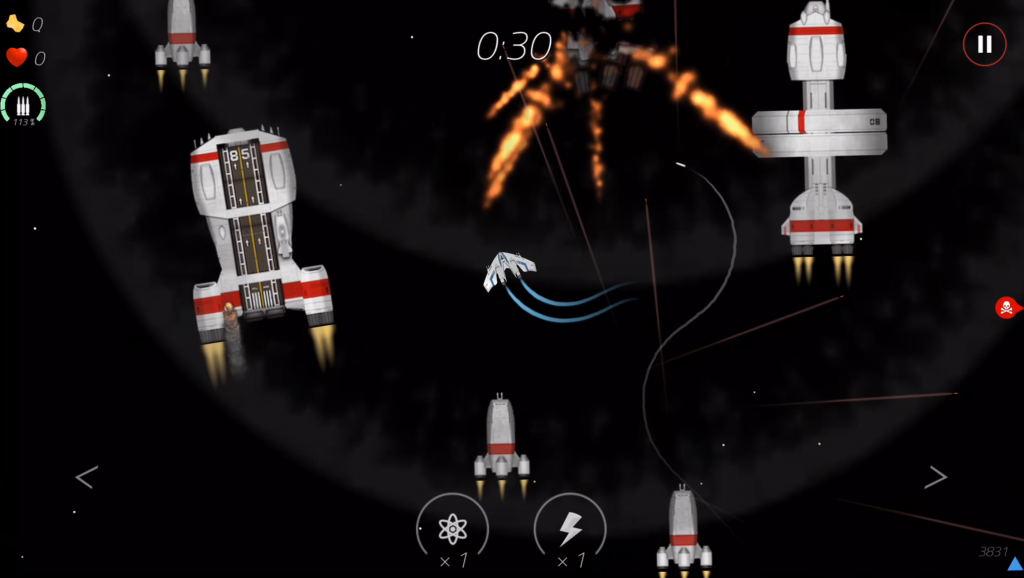
C: What things do you think helped out your growth that any developer can do to improve the chances of a hit?
Y: In the gaming market, from the position of a business development manager, my suggestions will differ depending on if you have a good product/game or not and if you have a marketing budget in place or not. You have four different options:

Good product, no budget.
Try to be visible at exhibitions, gaming awards, forums, communities, etc. Write a blog/run a youtube channel. A lot of games make themselves visible using Discord. Respect each and every player and their feedback because they can be a new ambassador of your brand. Work with guerilla marketing, learn about SEO and ASO.
Good game, some/a lot of money
Go directly to well-known marketing agencies and ask them about high-quality strategies for the market entrance.
A bad game, no budget
I think you are screwed. Still try to participate in gaming events, run a youtube channel, and a blog. Use all the free channels to talk about your game. Improve your game systematically.
A bad game, some/a lot of money.
Just go directly for paid UA. There are tons of games becoming hits based on their bravado and high marketing budgets.
And in all the cases mentioned above, please don’t give up! If you are a solo game developer or an indie game studio, you are in the market because you really like games and stand behind your product. Thanks to people like you, this market is full of amazing games, and the industry grows and gets better! Be ready to make mistakes and open your mind to success!
C: What pitfalls should they avoid?
Y: Don’t hope to succeed overnight if there is no influencer marketing or a big UA campaign in place. Don’t close any partnership before you collect enough information about this future partner. Don’t get too emotional. Somebody will like your game, and somebody will not. Not to forget that if your game is really good, you will see many fake negative reviews coming from your competitors. Don’t think you will never make mistakes, and everything will go smoothly.
Just be brave and take risks.
Thanks to Yulia for this great interview and for sharing some of the secrets that made their game a star performer on mobile. I hope you learn from them and build the next big app!



